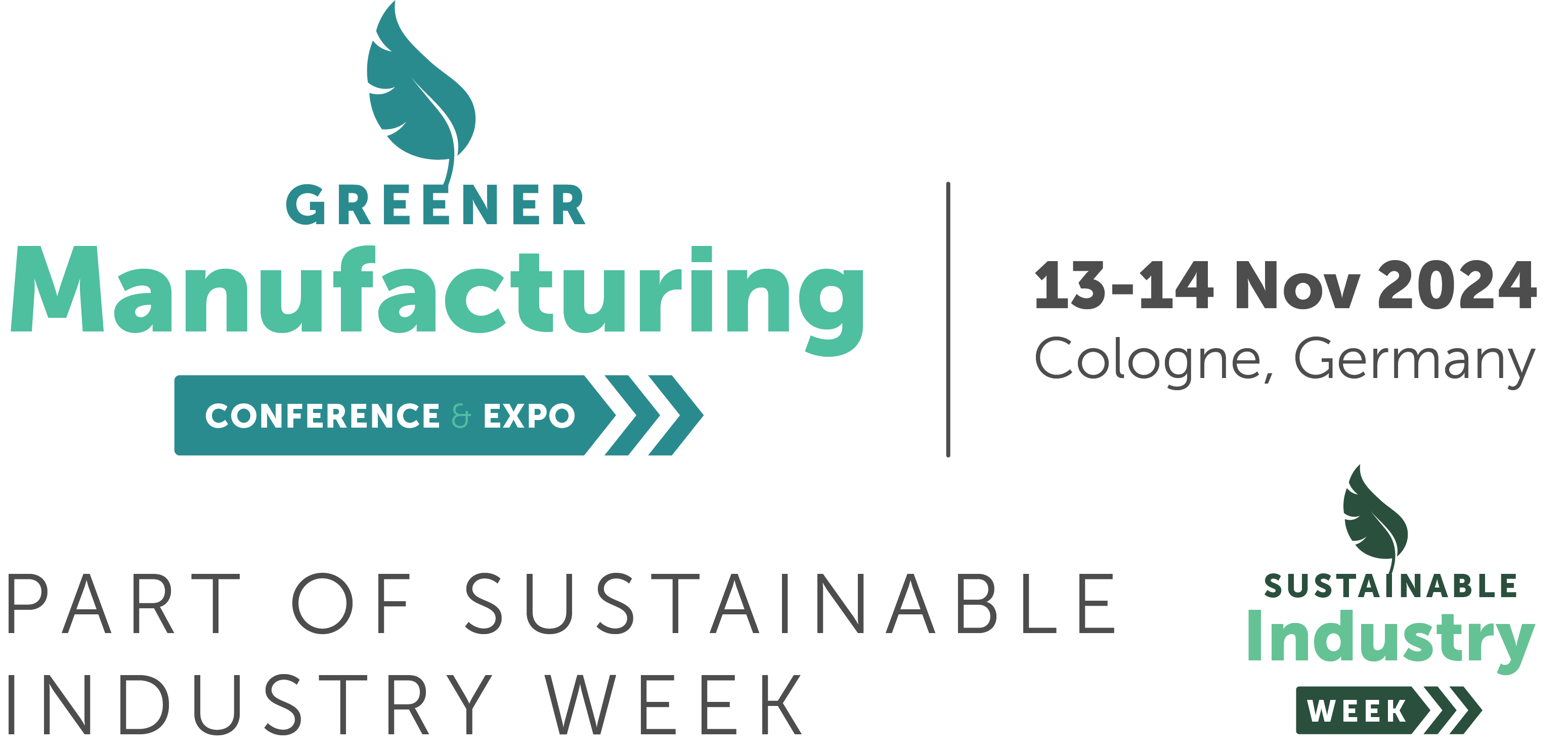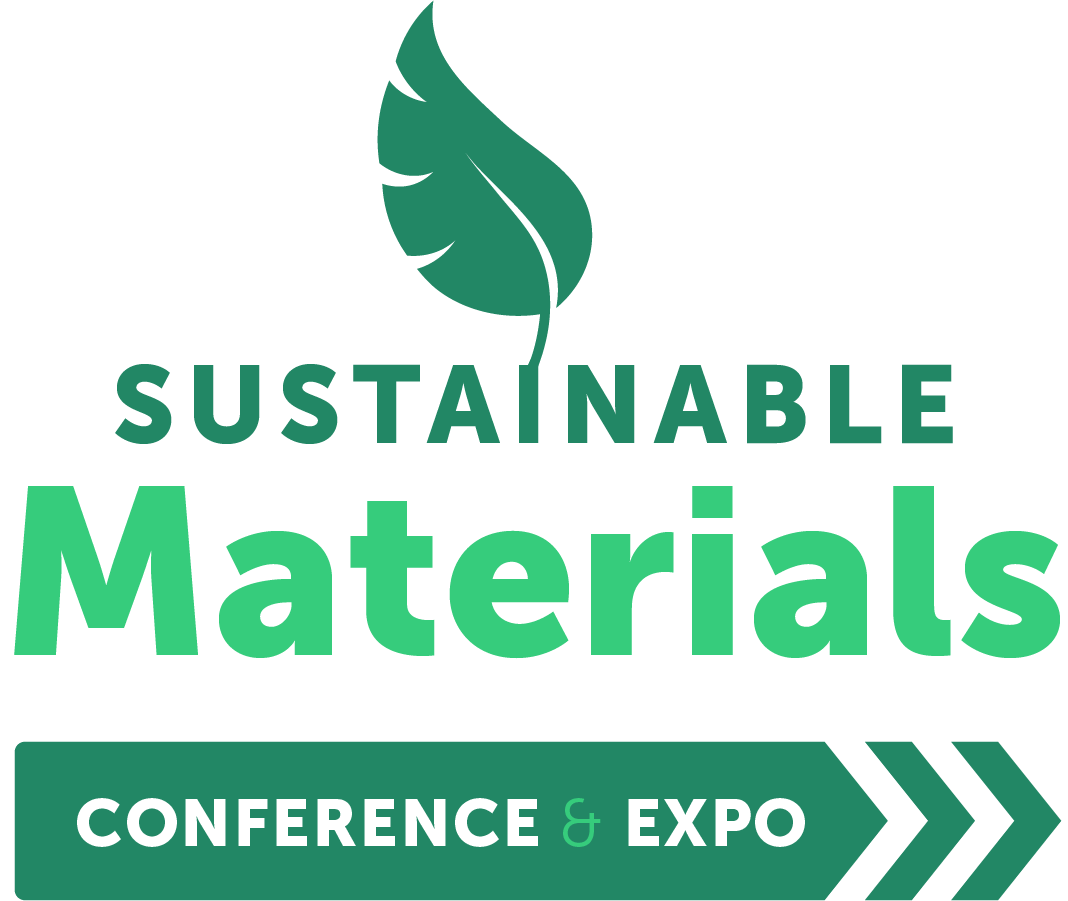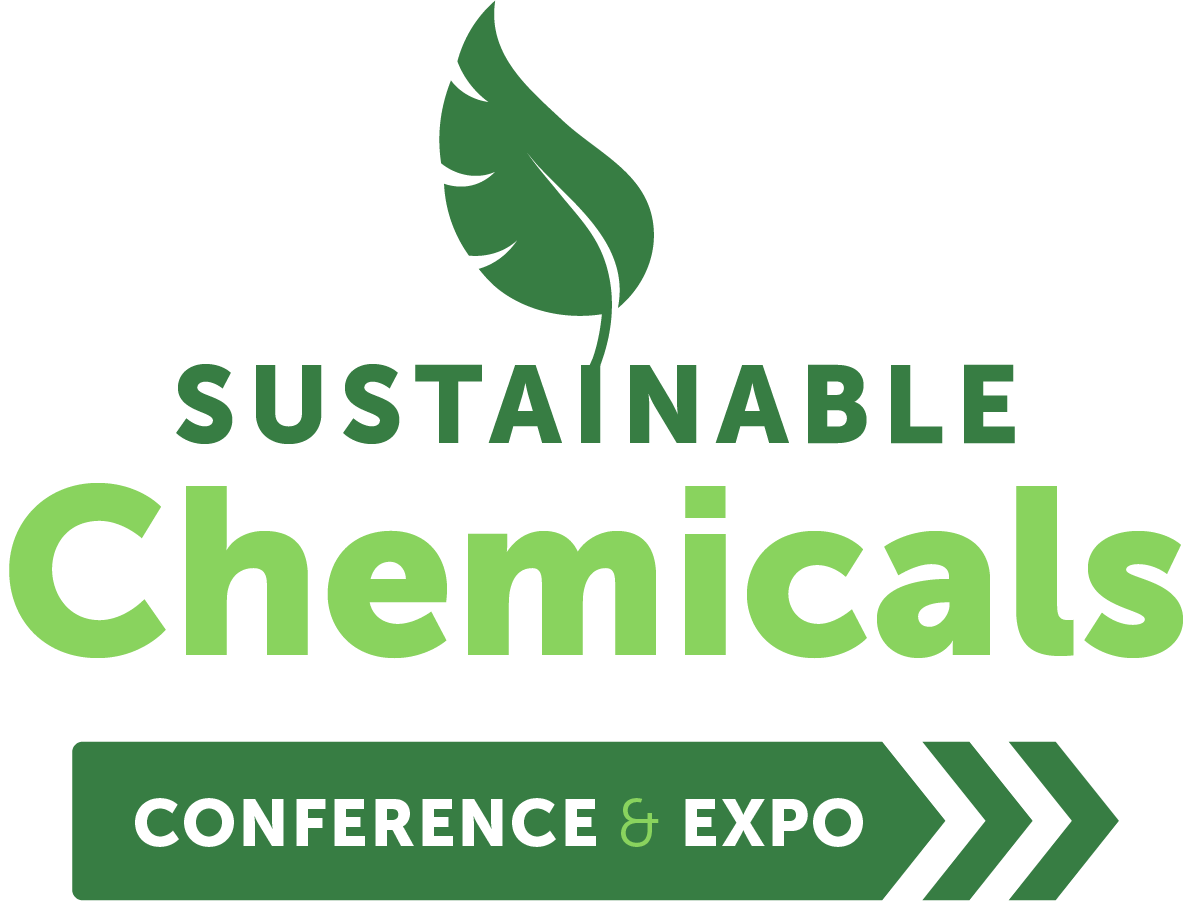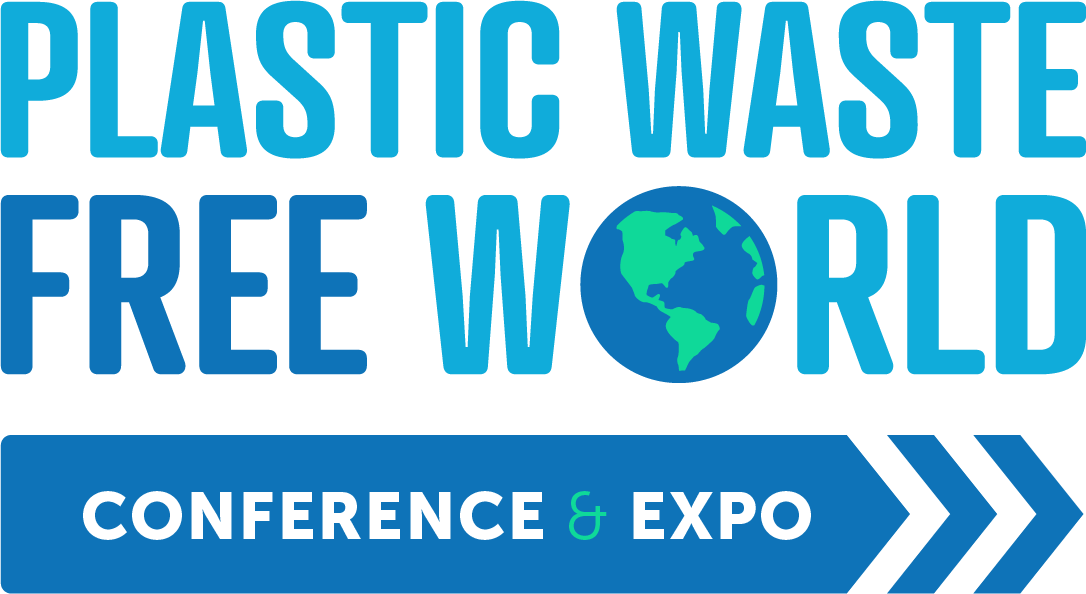New rules have been created by EU legislators to make products more sustainable
)
It was recently announced that EU legislators have agreed on new Ecodesign rules. These rules encompassed the aim of creating a new framework to make products sustainable by design.
The new rules were brought about by the European Commission, Parliament and Council. Groups such as the European Environmental Bureau (EEB) have happily welcomed the new rules that have been rolled out. These rules include the ban on the destruction of unsold textiles, plus progressive provisions on cement and substances of concern. However, despite the positives of the new rules being laid down, there is also a lot of dissatisfaction that there is yet to be a ban on the destruction of unsold goods, like electronics, or an enforcement for products sold online.
There are positive and negative views on the changes that have been made by the EU legislators, as the new rules are an excellent step forwards and include the building blocks for making products more sustainable. These rules have set the minimum requirements for products, that they must be created with values of efficiency, durability and recyclability in mind, in order to make them suitable for the EU market. Along with these requirements, the new regulation also involves the necessity to be able to trace harmful substances within the products, and further to this, there is now a rule that these products can be restricted if they become a barrier to recycling or are harmful to human health. As well as reducing harmful chemicals, if necessary, the ban also includes the destruction of unsold textiles, this will be effective 24 months after the law is in force and will prevent a lot of unnecessary waste. This is a ban which environmental groups are very much in favour of.
This Ecodesign for Sustainable Products Regulation (ESPR) is a flagship initiative and originates from the Green Deal and Europe’s circular economy objective. Since first being introduced, as the Ecodesign and energy labelling framework, it has now been redone and its rules and coverage of products has been extended. The original policy only applied to things such as electrical appliances, however now that it has been re-boosted, products such as military equipment and motor vehicles are no longer included.
Whilst there are many positives in this new set of rules, a lot of parties are unhappy that the new rules did not include more. Campaigners have mentioned the lack of a ban on the destruction of unsold electronics, as doing this is one of the most environmentally harmful actions within Europe. The European Commission and national government’s representatives within the Council did not take forwards Green NGOs request to have an instant EU-wide halt to the destruction of unsold goods. Another suggested change that was not taken forwards was applying EU standards to products sold online and imported to the EU from abroad. This idea of importing goods made lots of European industries and campaigners show concerns over the large number of companies who import tons of goods from online shops. These include retailers such as Shein, Amazon and Temu, among others. The concerns have risen due to the lack of rules placed on online markets, which may present them with the opportunities to manufacture products which lie outside of the EU rules. This would create an unfair playing field between the European manufacturers and online retailers. This fear so far has been proven correct, as a mystery shop in the lighting industry revealed that 95% of lights sold online, are not compatible with the existing EU rules. Therefore whilst there are many positives and environmental advantages within the rules which have been laid out, many parties are still discussing further improvements which could be made and more opportunities to make industries and markets much greener throughout the EU.
Policy Manager of Circular Economy at the EEB, Jean-Pierre Schweitzer, commented, “The agreement on the Ecodesign for Sustainable Products Regulation represents a significant step towards the Green Deal objective to make sustainable products the norm. Future requirements within this framework must now ensure that products such as textiles, furniture and intermediaries such as steel become more circular, durable and less carbon intensive. However, it is illogical that harmful practices like the destruction of unsold goods will still be permitted, and that imported products sold online will be easily able to ignore the rules.”





